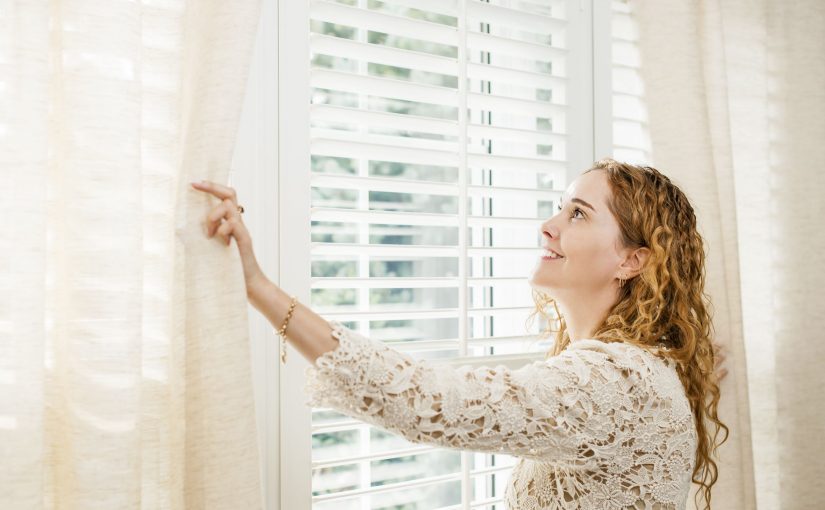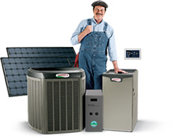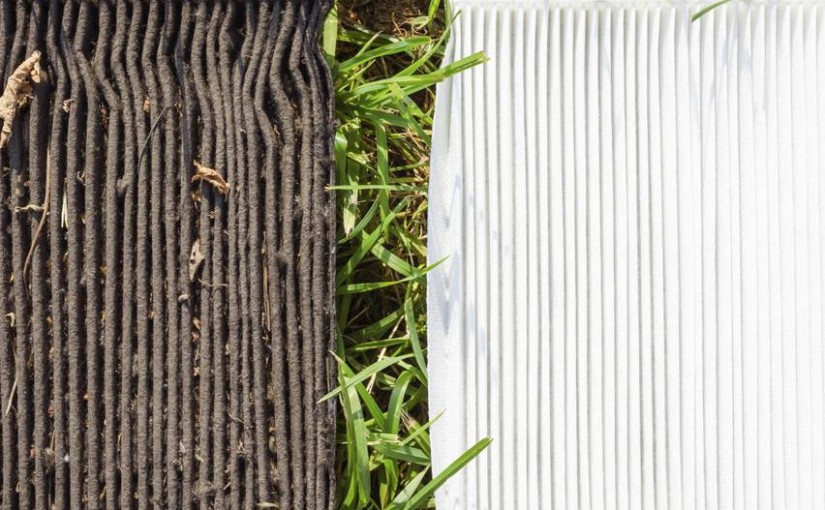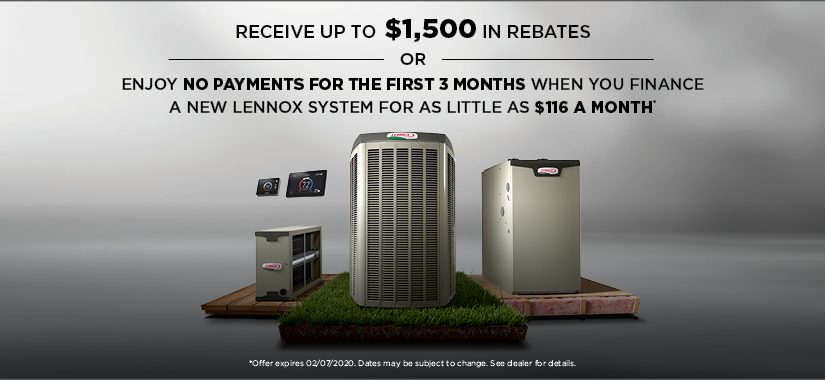Air balancing will improve air circulation, increase energy efficiency and enhance the overall performance of your air conditioning and heating system. For a homeowner, it means delivering the right amount of air (hot or cold) to each room making your home more comfortable.
Air balancing for a HVAC technician is the process of testing and adjusting your system using their skill and tools of the trade. They look at your intake and output and adjust accordingly.
What is Air Balancing?
Air balancing is the process that involves modifying your existing HVAC system to make sure that air is evenly distributed throughout the home. All zones will have the correct amount of heat transfer. You want all components of your HVAC system working in harmony.
DIY Tips
Close/Open Your Register: Simple yet effective. You have the ability to move the damper blade. It will restrict air flow in the room. But, don’t completely close the vents, it could cause other issues to your HVAC system.
During warm weather temperatures, open registers on your upper floor and partially close registers on first floor and / or your basement. During cold temperatures, reverse the process.
- Set your thermostat to 76-78 degrees. (ideal range to start testing)
- Leave the temperature alone for at least 24 hours.
- In areas that are too cool, adjust the vents to allow for less air flow.
- Adjust in small increments to feel what works for your comfort.
- Re-check your adjustments (24 hours later) to feel if you reached the desired temperature.
- Continue until you reach your ideal temperature.
Two Degree Offset: If you’re in a two-story home and have two thermostats, set the temperatures to have a 2 degree off-set. For example, upstairs could be set at 74 degrees and downstairs at 72. This will help with uneven temperatures.
Check Your Filters: We say this all the time, but it really is important! There are numerous reasons to keep your filters clean…
- Improves your air quality – cleaning the debris that builds up on your filters will aid with the flow of air.
- Increases the efficiency of your furnace – reduced air flow through your heating and cooling system can cause your heat exchange to overheat and shut off too quickly. Keep the filter clean and it will aid in the efficiency of your furnace.
- Extend the life of your HVAC system – would you believe the most common reason a HVAC breaks down is due to a dirty filter? A dirty filter makes your system work harder causing it to overheat.
Cover-up those Windows: Your windows will impact the comfort level in each room. Windows without drapes, blinds, shades, etc. can heat up a room faster before a thermostat has the time to turn on and add relief.
Window coverings can make a difference in the overall appeal and comfort level. They also can help improve energy efficiency. In cooling seasons, about 76% of sunlight that falls on standard double-pane windows enters to become heat.
Check for Drafts: You want to make sure your windows and doors are sealed properly as these often cause cold spots in your home.
Adjust Ceiling Fan Direction: Changing the directional settings of a fan can have a profound effect on air circulation. Your ceiling fans should go counterclockwise during warming months to create cool downward airflow. However, it should go at a low speed in a clockwise motion during the cooler months so it can help evenly distribute warm air.
Thermostat Fan Setting “ON”: Your fan setting can have an impact on your indoor air quality and comfort level. Most systems have two fan settings: On and Auto.
By utilizing the “ON” setting, the fan will blow continuously, which will filter and always be replacing your indoor air. This, in turn, will keep the air steady. In using the auto position, your air can become more stagnant.
Both come with pros and cons. When flipping to the On setting, you may see an increase in your utility bill.
When in Doubt…
If you’ve gone through the tips above and want to have a more thorough check of your HVAC system, or if you’re in doubt about what to do, the best thing to do is call a professional from Air Handlers.








